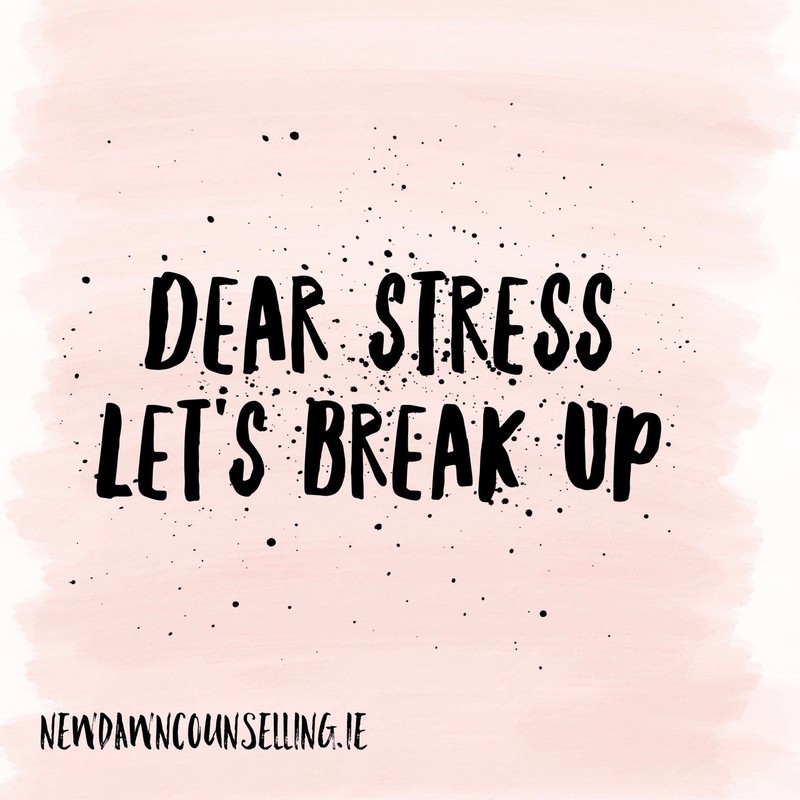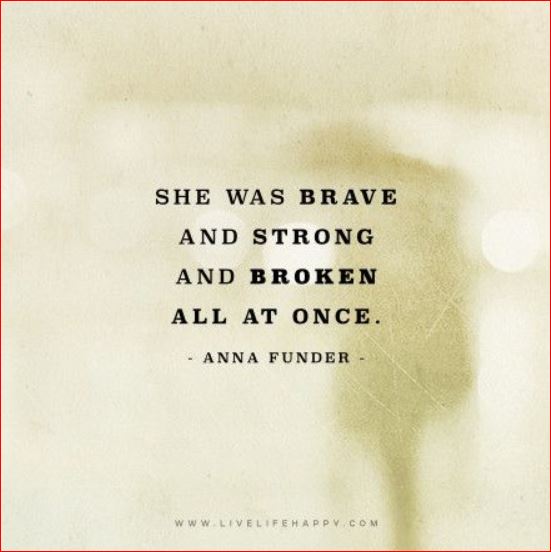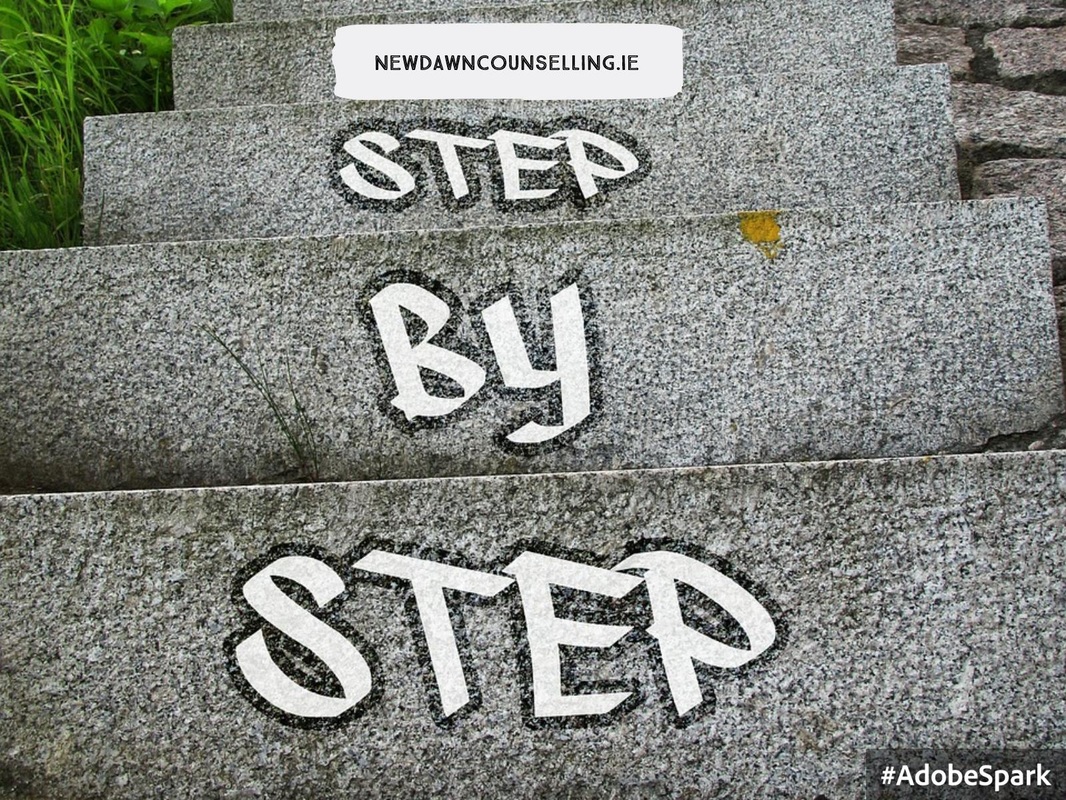|
13/1/2017 0 Comments Give Stress the Heave HoWe can do that together. Give me a call, message me or contact me using the form on my website and lets give stress the heave ho in 2017
0 Comments
19/12/2016 0 Comments Stress at ChristmasWe're all feeling the pressure and stress of some sort coming up to Christmas. Getting the house tidy, shopping, gifts for children and family, cooking, dashing about in traffic and jam packed shops, to name a few of the trials we face at this time of the year. Then, there can be other stresses, money, jobs, relationships, but whatever type of stress you can be under, the advice given in response to an email to the Irish Times by Dr John Sharry a social worker and psychotherapist and co-developer of the Parents Plus Programmes may help you. Overcoming stress Know how you feel when you sing along to that catchy tune on the radio, or stepping outside the door and letting the sun or wind caress our faces, or the smell of cut grass, how enjoying any of these can just lift our spirits. During Winter we need more of these spirit lifting moments. Here are some more suggestions courtesy of thejournal.ie YOUR MENTAL HEALTH, just like your physical health, is something you need to look after, and something you can do a lot to take care of. Doing little things that make you feel better regularly, particularly when things are tough, is one of the best ways to boost your mood and reduce stress and anxiety. Last week we asked our readers what they do to make themselves feel better when they’re down, and there are some great tips in there. Here are some of the best we got. What are yours? 1. Exercise – especially outdoors
2. Sing a song
3. Do some reading
4. Think of a small act of kindness for someone else
5. Watch something funny or uplifting
6. Be creative
If you are a living, breathing human being, chances are you have felt sad at least a few times in your life. But what exactly is melancholy, and what (if anything) should we do about it? Courtney Stephens details our still-evolving understanding of sadness -- and even makes a case for its usefulness. http://ed.ted.com/lessons/a-brief-history-of-melancholy-courtney-stephens 8/11/2016 0 Comments Self Forgiveness
Below is a very interesting article from Michaela McCarthy - would any of these points be relative to you and stop you from seeking the support you need? If after reading this article you would like to talk, please ring me on 087 285 9985, or connect with me using the Contact form on my website. Thank you. Katrina
If life is getting on top of you, and daily struggles are becoming too much, then you may come to a point when you’re ready to reach out for psychological help. The decision to come into therapy can take courage. Yet the very act of asking for support can be daunting in itself. While weekly counselling and psychotherapy sessions can support you as you explore your issues and gain a greater understanding of yourself, for some people there are fears holding them back from allowing themselves this experience. Here we share the four biggest fears that people have about coming into therapy – and how to overcome them.
This is a very real fear, especially if you have valiantly ‘coped’ for many years. Yet the process of therapy, and the relationship with your therapist, will make it gradually safer for you to soften those defences and allow access to the raw feelings beneath. You won’t experience anything you won’t be able to deal with – and, in fact, the feelings often wait until you are ready. Therapy is about trusting that process.
In reality, counsellors and psychotherapists go through years of training and personal development to process their own issues so they can be fully present for their clients. Therapists don’t judge, shame, or impose their own opinions on you. They offer a safe, confidential and empathic space for you to explore the darkest corners of your psyche. Therapy can help bring unconscious issues into consciousness where you’re able to explore and discuss them. When you become more aware of what is going on, and your issues are out in the open, they can have less of a hold on you, and you can feel lighter and freer as a result. Let the relationship with your therapist build to a point where you feel safe and supported to let everything come out in its own time.
Wrong. Any problem that is getting in the way of you living your life is worth exploring and working through. It doesn’t matter if other people in your life don’t agree with, understand or support your decision to come to therapy. It’s irrelevant whether other people need support than you. Coming into therapy can be a way of creating the life you want, rather than enduring the life you’ve got.
When therapy is going well, you can build a positive attachment to your therapist. He or she is the one who ‘gets’ you. They support you week on week as you grapple with the issues, behaviours, emotions and thoughts that are disrupting your life, and as you seek to understand why you are the way you are. You look forward to your sessions, you use your time to the full, and you are starting to see positive changes in your life. The relationship with your therapist is not a dependent one. It is a relationship that nurtures growth. Your therapist can work on an open-ended basis with you, but you are the one who will know the point in your journey when you’re ready to walk alone. This can take weeks, months or years, depending on the issues you are bringing to therapy. You decide when you’re ready and your therapist will manage the ending so that you’re not left with any loose ends. The process will enable you to develop a stronger sense of self so that you feel more robust to face life without the old scaffolding. This post first appeared on The Awareness Centre's Talking Therapy blog. https://www.linkedin.com/pulse/four-biggest-fears-people-have-coming-therapy-michaela-mccarthy We have busy lives, things happen that can bring us down so we feel stressed causing us to feel sad, depressed, that is normal. Ordinarily we would bounce back in a relatively short period of time. 'Clinical Depression is different. It’s a medical disorder, and it won’t go away just because you want it to. It lingers for at least two consecutive weeks and significantly interferes with one’s ability to work, play or love.' Lisa LaBracio - TED Depression is often invisible yet it can be very invasive. A friend told me recently that depression came to her like a jolt out of the blue. She found she withdrew from life, could not work, the smallest things seemed like massive challenges, answering the door, talking on the phone, making the bed. That was her reaction, a friend of hers reacted differently, wanted to be around someone all the time, endlessly talking over her life and what had happened, yet not able to move on and do anything about it. Another hid it, everything about her life seemed 'the usual'. What she did not see was the struggle going on daily to appear like everything was 'the usual' until the price that had to be paid for that struggle came at the bottom of a bottle of pills. We all have extremely busy lives; but spending some time talking with friends or family, having a conversation, can help. You may notice something seems off, they might open up to you. Don't be nervous to have that conversation. It can save a life. 1. Help them find help: If you know someone struggling with depression, encourage them – gently – to seek out help. You might even offer to help with specific tasks, like looking up therapists in the area or making a list of questions to ask a doctor. To someone with depression, these first steps can seem insurmountable. 2. Be informed: If they feel guilty or ashamed, point out that depression is a medical condition just like asthma or diabetes. It’s not a weakness or a personality trait, and they shouldn’t expect themselves to “just get over it” any more than they could will themselves to get over a broken arm. The more you know about mental illness, the better able you are to understand what they are going through, and to support them. 3. Don’t downplay it: If you haven’t experienced depression yourself, avoid comparing it to times you’ve felt down – comparing what they’re experiencing to normal, temporary feelings of sadness can make them feel guilty for struggling. 4. Stamp out stigma: Even just talking about depression openly can help. For example, research shows that asking someone about suicidal thoughts actually reduces their suicide risk. Open conversations about mental illness help erode stigma, and make it easier for people to ask for help. And, the more patients seek treatment, the more scientists will learn about depression, and the better the treatments will get. 5. Continue the conversation: Because depression’s symptoms are intangible, it’s hard to know who might look fine, but is actually struggling. Just because your friend may seem fine one day, don’t assume that they’ve ‘gotten better’. Remain supportive. https://youtu.be/z-IR48Mb3W0 30/8/2016 0 Comments One at a Time |
AuthorMy name is Katrina Jones, the person behind New Dawn Counselling Service which is situated in Tullamore, Co Offaly. Archives
July 2023
CategoriesAll CBT Christmas General Grief Life Mental Health Self Harm Social Media Video |
Search by typing & pressing enter










 RSS Feed
RSS Feed